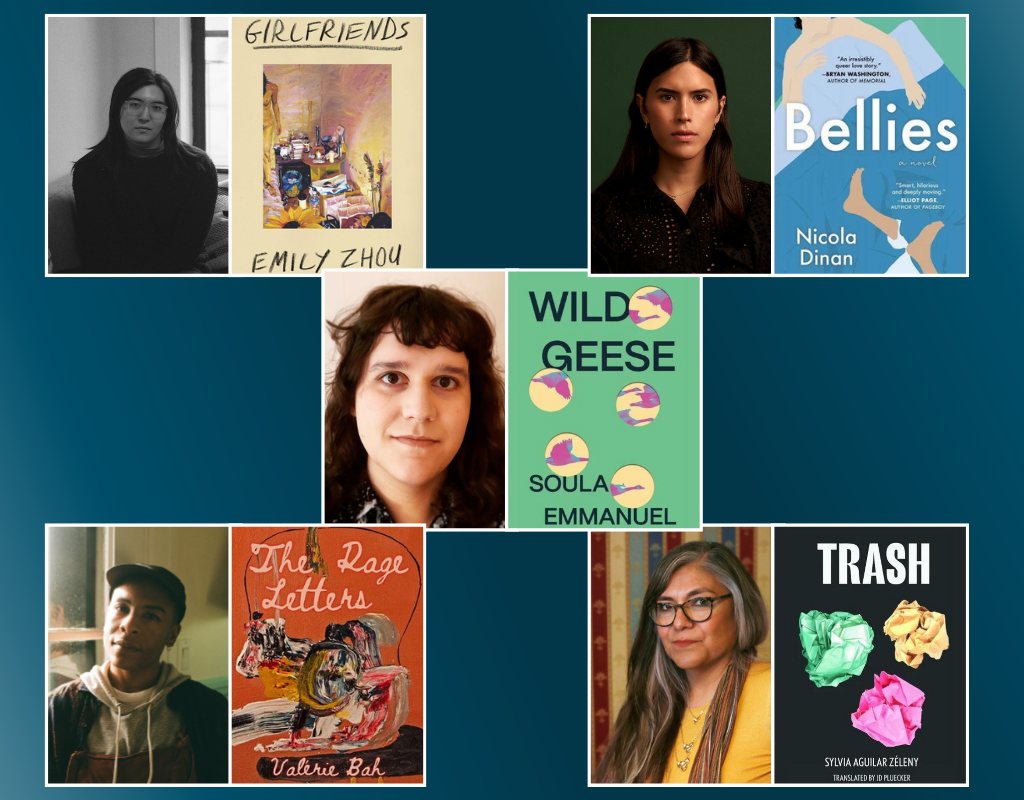news
What Is the Point of Literary Awards?
Thomas Pynchon’s $100,000 prize makes us wonder: Are awards for improving the future, or celebrating the past?

According to an AP release shared by The New York Times, Thomas Pynchon has just been awarded the first Christopher Lightfoot Walker Award, a lifetime achievement that comes with a $100,000 prize, from the American Academy of Arts and Letters. It’s unclear whether the reclusive author of Gravity’s Rainbow, The Crying of Lot 49, and Mason & Dixon will show up to receive the award at the ceremony on May 23rd. Other authors receiving cash prizes for lifetime achievements ($10,000) at the ceremony include Rick Moody, Mary Gaitskill, and Marlon James.
I’m not here to say that Thomas Pynchon doesn’t deserve honor for his literary achievements. But this news comes the day after the Whiting Award winners were announced—emerging authors who will each receive $50,000 for projects they are already working on. With that kind of contrast, it’s hard not to wonder: What are literary prizes really for? Are they intended to contribute to literary development by providing up-and-comers the means to survive while they write? Or is the purpose to simply celebrate literary development, by heaping a bunch more money on people who’ve already succeeded?

The history of literary prizes, chosen by committees with their own subjective tastes, is fraught with the politics of favoritism and outright discrimination. And while some may chalk up their dismay at an award winner to a difference in “taste,” it’s important to think critically about what these awards offer for the material future of the winners. The two most significant things are money (because writers gotta eat), and recognition, which hopefully means more money and more opportunities to write. There are really great awards that fund and celebrate emerging authors, besides the Whiting — awards like the Rona Jaffe Award for women writers ($30,000), or the Judith A. Markowitz Award for Emerging LGBTQ Writers ($1,000), or the Louise Meriweather First Book Prize for a woman or a non-binary person of color ($5,000 + publication). They offer crucial resources and new opportunities for recognition.
But these emerging author awards, aside from the Whiting Award, generally don’t offer nearly the same payout as the big lifetime achievement awards like the Nobel (around $1.4 million), the Dorothy and Lillian Gish Prize ($300,000) or the Donald Windham-Sandy M. Campbell Literature Prize ($165,000).
In the midst of our #ReadMoreWomen campaign, I am still trying to think through the implications of literary awards for communities that have often been silenced or marginalized. Why do we give out the big cash money to the folks who have already “made it” as writers? To be clear, I think we should have awards that celebrate both literary achievement as well as the future successes of unpublished writers. But what if we tipped the scales, so that more high-paying literary awards were granted for the promise of a literary future, instead of the praise for a literary past? Whose voices would emerge and be recognized?
What if we tipped the scales, so that more high-paying literary awards were granted for the promise of a literary future, instead of the praise for a literary past?
We’d be worse off, as a culture, without Thomas Pynchon, but we already have Thomas Pynchon. By contrast, the Whiting Award winners might not be able to finish their projects without that support, and we’d be worse off without them, too. (This is a good time to familiarize yourself with their work! Here’s Weike Wang’s Recommended Reading, Esmé Weijun Wang on writing and activism, and Patty Yumi Cottrell on finding inspiration on the F train.) Functionally, the purpose of awards may be to reward success. But rewarding success just makes famous writers richer. Rewarding potential enriches us all.










